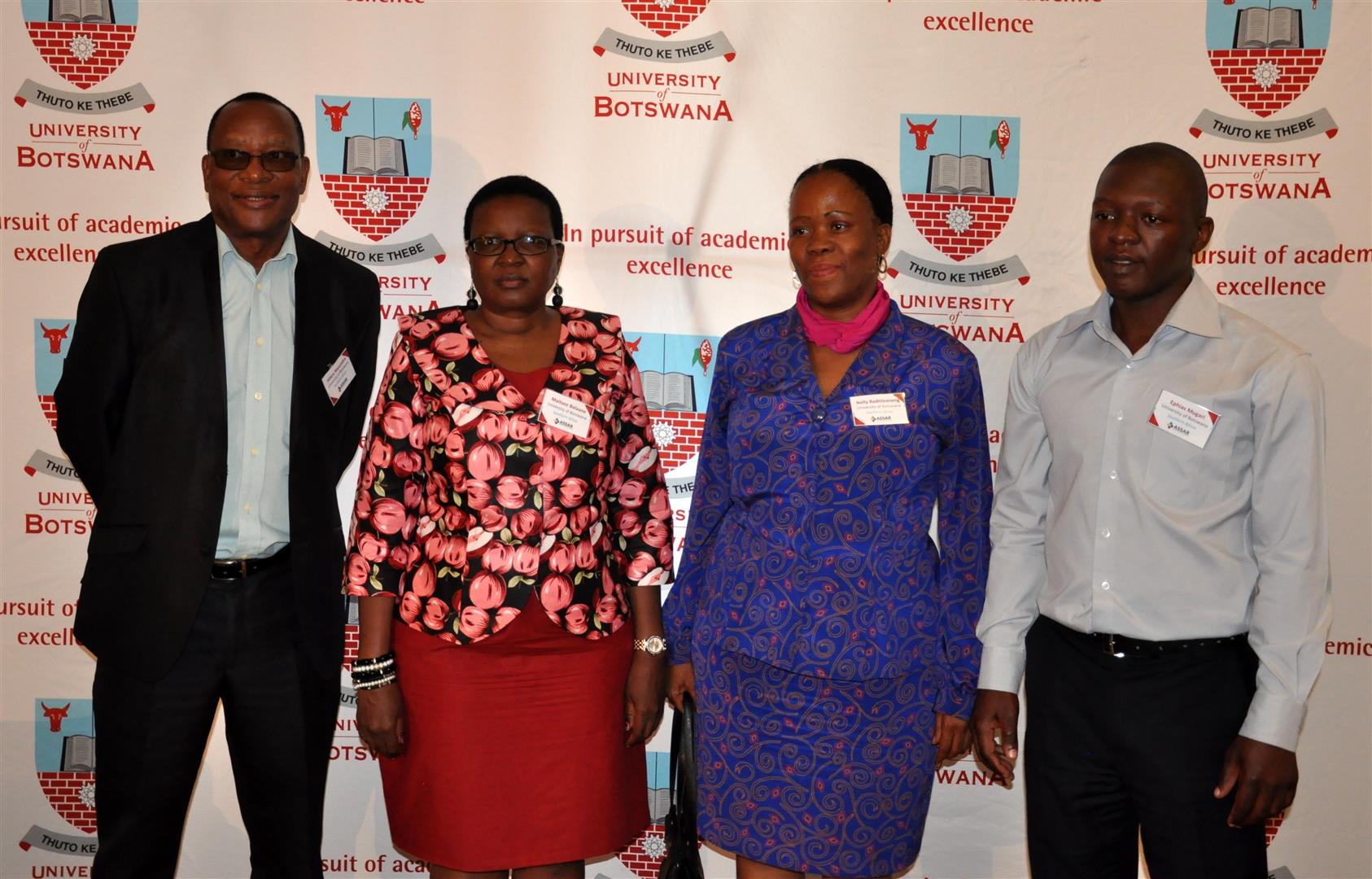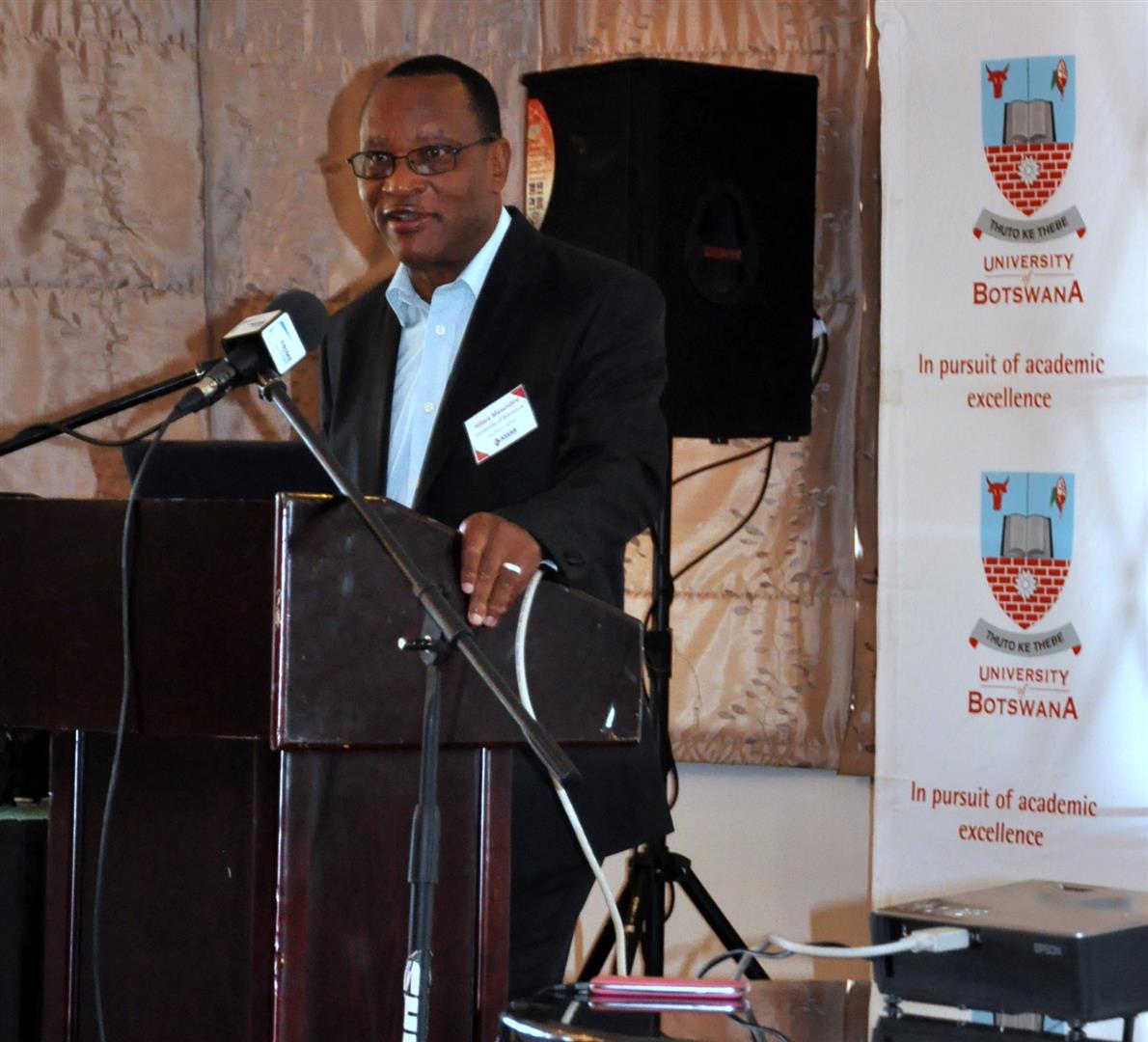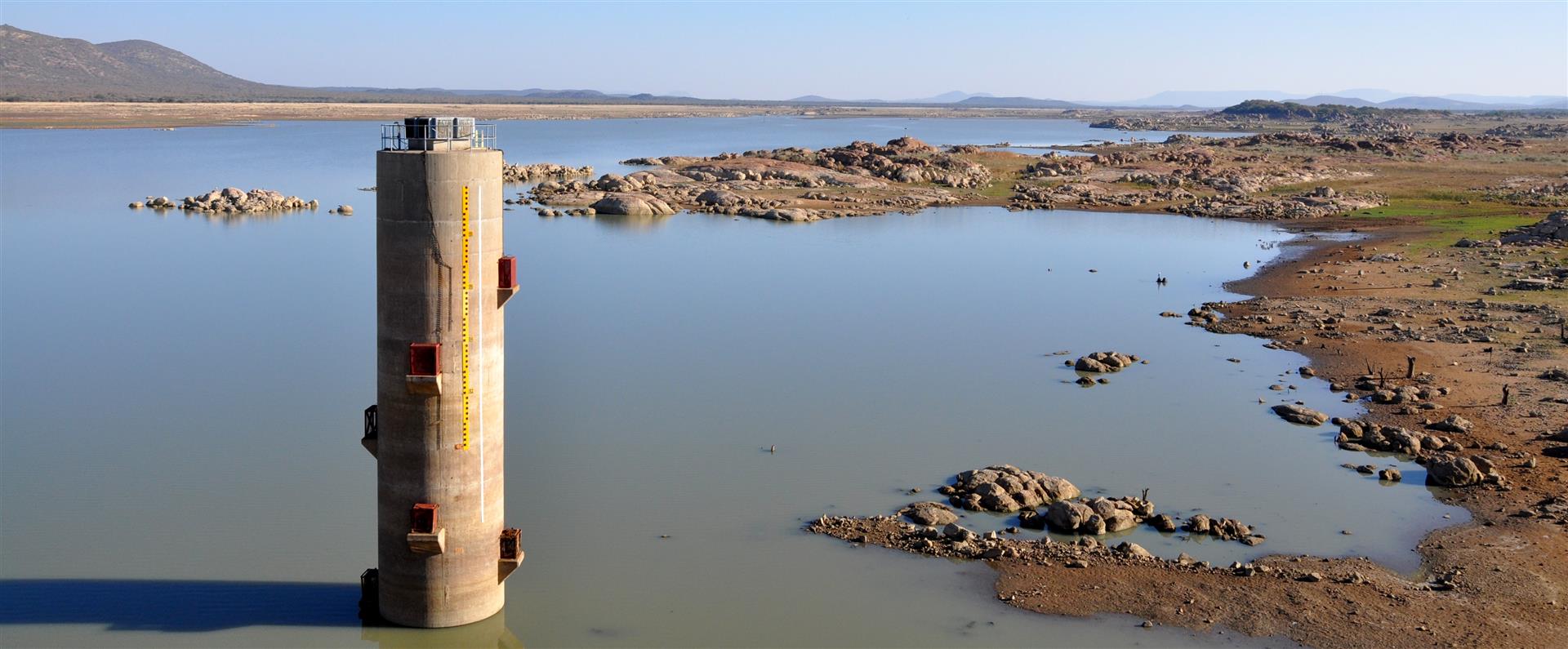Early engagement with important stakeholders in Botswana
By Chandapiwa Molefe and Hillary Masundire
The University of Botswana ASSAR Research Team – comprising of Prof. Hillary Masundire, Prof. Maitseo Bolaane, Prof. Nelly Raditloaneng and Chandapiwa Molefe – together with colleagues from the University of Cape Town and University of Namibia, held a stakeholder engagement event on the 20th May 2015. This was part of the second ASSAR Annual Meeting attended by members of all of ASSAR’s regional teams. True to ASSAR’s principles, the event included a diverse range of stakeholders representing different government departments, local NGOs and the private sector.

The stakeholder engagement event was held to introduce members of various Botswanan institutions to ASSAR and to share ASSAR’s recent climate change projections for Botswana. It also provided a platform for stakeholders to provide locally-relevant input into ASSAR’s four focus areas: Dynamics of Ecosystem Services, Social Differentiation, Governance and Knowledge Systems.
When talking about Social Differentiation, stakeholders agreed that because vulnerability and adaptability are determined by the risks that communities face, vulnerable groups should be identified at the outset. They hoped that ASSAR would help to do so. They added that in order for adaptation to be sustainable – particularly in the private sector – relevant stakeholders should be identified and engaged throughout the adaptation process. The stakeholders also pointed out their diversity as a group, saying that the wide representation accounted for their different mandates. They hoped that ASSAR would guide their understanding of climate-related risks.

On issues of Governance and Knowledge Systems, stakeholders said that in order to improve resilience at local and national levels more interaction is needed between various levels of government and the private sector. There is currently little information exchange between the people on the ground (who stand to be the most affected by climate change) and policy makers, who have the authority to drive change. There also seems to be low capacity at a community level to properly conduct consultations for adaptation. It is clear that a good communication link is needed. Stakeholders said that politics tends to hinder implementation: even when plans are made at a local level, they are easily overridden by political interests. They were also concerned that researchers tend to guard their intellectual property leading to a deficiency in information flow with extension officers, a problem that is also evident in the disconnect between science and government.
Included in the stakeholder event was a presentation by Mr. Matswiri, of the Water Utilities Corporation (WUC), who reported that the Gaborone Dam has failed, and that it can no longer supply water to the city. The ASSAR team visited the Gaborone Dam to see these low water levels first-hand. It is not yet clear whether the lack of inflow into the Gaborone Dam is a consequence of climate change or of non-climatic factors. Irrespective, the WUC now has to look for ways to both augment the city’s water supply, and control it’s demand for water (e.g., water rationing).

Overall, the stakeholder engagement workshop was a success with stakeholders providing useful information crucial to ASSAR’s work.